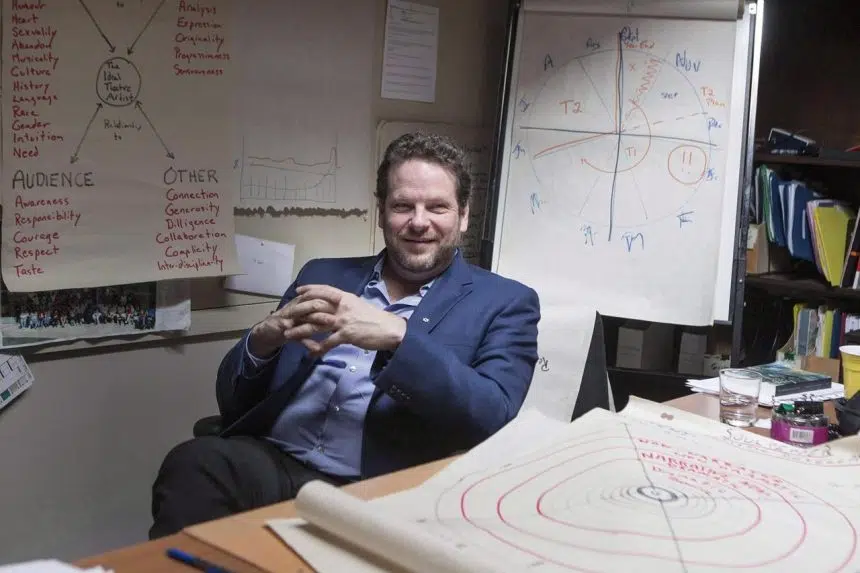OTTAWA — The federal government says it’s reviewing its funding policies for organizations in the cultural sector in order to promote safe work environments.
The announcement comes days after the founding artistic director of Toronto’s Soulpepper Theatre resigned from the company when four actresses publicly accused him of sexual misconduct.
Albert Schultz has denied the allegations from the actresses, which were outlined in lawsuits filed against him and the company earlier this week.
The Ministry of Canadian Heritage did not explicitly refer to Schultz in a statement it issued on ensuring safe workspaces, but said “recent events” have prompted it to reaffirm a zero-tolerance approach to harassment on the job.
It says it’s currently reviewing its funding policies to ensure that “recipient organizations promote healthy and harassment-free work environments.”
It says recipient organizations already must comply with the public sector’s ethics code.
“In view of current concerns about harassment in the cultural sector and beyond, we reiterate that respect for human dignity and the value of every person governs all of Canadian Heritage’s activities,” the government said in the statement. “We stand with artists, actors and creators across industries in saying that there is no tolerance for harassment. All Canadians deserve to have safe environments to conduct their work and safely come forward to report instances of harassment.”
Members of Canada’s arts scene have said the allegations against Schultz and Soulpepper are serving as a wake-up call for the industry, prompting many theatre companies to review their own protocols for protecting employees.
Companies said efforts to tackle sexual harassment in the field were under way long before the allegations from Diana Bentley, Hannah Miller, Patricia Fagan and Kristin Booth.
In their statements of claim, they alleged that Schultz groped them, exposed himself, pressed against them, or otherwise behaved inappropriately.
Schultz, who resigned from Soulpepper on Thursday, said he will “vigorously defend” himself against the allegations, which have not been tested in court.
Many theatre companies said they are participating in a recent initiative to provide resources to performers who have concerns or anxieties about sexual harassment on the job.
Those resources are provided as part of a campaign launched by the Canadian Actors Equity Association, working in conjunction with the Professional Association of Canadian Theatres. The anti-harassment effort, dubbed Not in Our Space, came about after a survey of live performers across the country.
Equity said in a statement that the results clearly indicated action was needed. Half of all participants reported experiencing some form of inappropriate behaviour in their workplace, with women twice as likely as men to report they’d been sexually harassed.
Not in Our Space promotes a zero-tolerance approach, with participating theatres adopting a statement to that effect on the first day of rehearsal for any new production.
Theatres in the program must also prominently display brochures and posters that let performers know what help is available.
Equity said the number of people coming forward has increased since the campaign began, but did not provide specific figures.
The association also said a meeting of people involved in the live performance sector will take place later this month to discuss an industry-wide response.
—By Michelle McQuigge in Toronto.







